
Aging doesn’t happen overnight. It’s a gradual process, and the changes our bodies undergo don’t always shout to make themselves known. But it’s important to be aware of the physical changes that happen with aging, so you can make the healthy choices that can help you stay happy, strong, and vital well into your twilight years. These are key signs you’re aging, even if you may not really feel them right now.

Although recent research indicates that metabolism doesn’t slow as soon as previously thought—you middle-age spread is more likely due to consuming too many calories and not getting enough exercise—metabolism does begin to slow around age 60, and drops 1% each year after that.
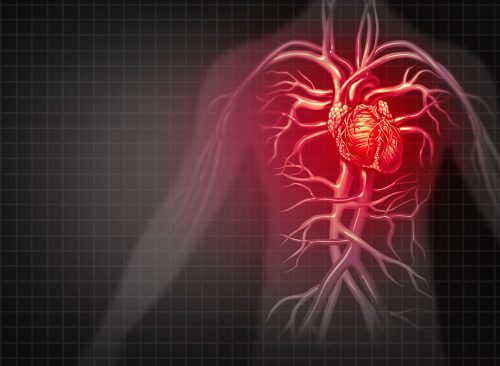
Blood vessels and arteries naturally stiffen as we age, forcing the heart to work harder to pump blood through them. These changes can increase the risk of high blood pressure and cardiovascular disease. Regular exercise, a healthy diet, avoiding tobacco, and managing stress can help you preserve good heart health.
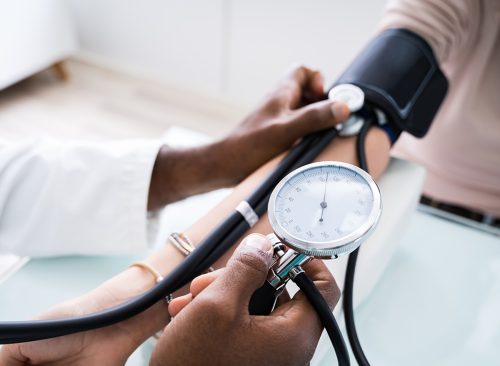
Because your arteries stiffen, your blood pressure might increase. The American Heart Association recently lowered its threshold for healthy blood pressure to 120 over 80. Have you had yours checked recently?
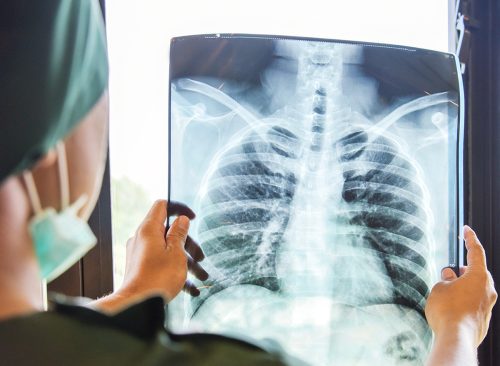
“With age, bones tend to shrink in size and density, weakening them and making them more susceptible to fracture,” says the Mayo Clinic. “You might even become a bit shorter.” Regular exercise—particluarly strength training—along with getting sufficient amounts of calcium and vitamin D can improve your bone density.
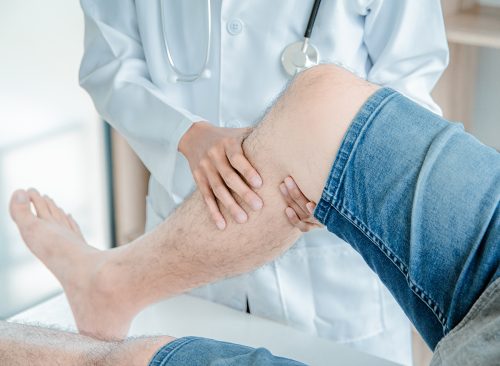
“Muscles generally lose strength, endurance and flexibility — factors that can affect your coordination, stability and balance,” says the Mayo Clinic. Muscle mass declines about 3 to 8% each decade after age 30, and even faster after the age of 60. Cardio, strength training, core work, and regular stretching can keep you strong and limber.

Like many parts of the body, the gut microbiome—the community of microorganisms and good bacteria that helps with digestion—undergoes changes with age. This can affect your ability to absorb nutrients and overall health. It’s a good idea to check in with a doctor to see how your diet and other habits can foster good gut health.
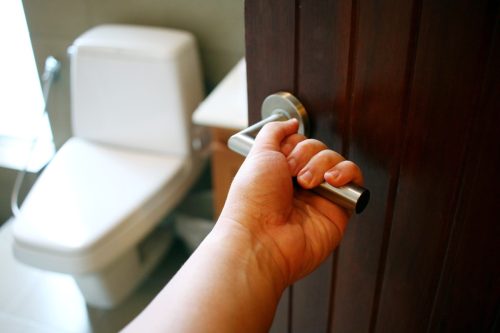
“Age-related structural changes in the large intestine can result in more constipation in older adults,” says the Mayo Clinic. “Other contributing factors include a lack of exercise, not drinking enough fluids and a low-fiber diet.” Medications and medical conditions such as diabetes can also contribute.
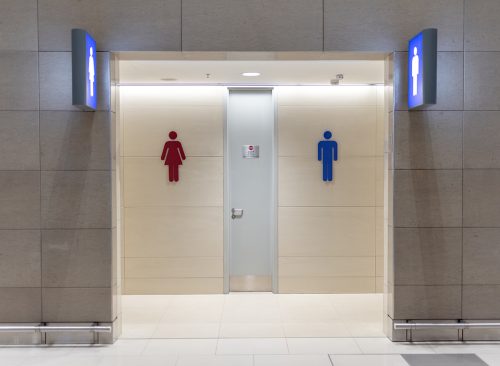
“Your bladder may become less elastic as you age, resulting in the need to urinate more often,” says the Mayo Clinic. “Weakening of bladder muscles and pelvic floor muscles may make it difficult for you to empty your bladder completely or cause you to lose bladder control (urinary incontinence). In men, an enlarged or inflamed prostate also can cause difficult emptying the bladder and incontinence.”

Sleep quality naturally declines as we age. You may have trouble falling asleep, wake up more often during the night, or feel like you’re not sleeping as deeply. But it’s a myth that the body needs less sleep as we get older. Experts recommend getting seven to nine hours of quality sleep every night. It’s a good idea to consult your doctor if you’re having trouble.
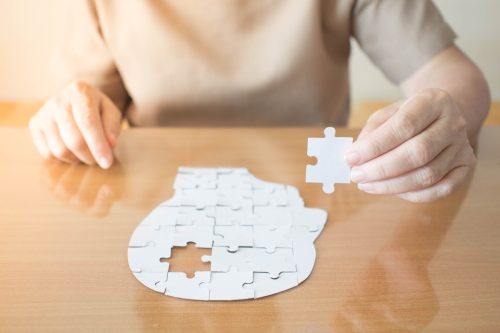
Cognitive function, including memory, can decline with age. You may have trouble remembering familiar names or words, or have difficulty multitasking. Experts recommend boosting your brain health by getting regular physical exercise, eating a health diet, socializing regularly, and exercising your brain with games, puzzles, and new learning opportunities.
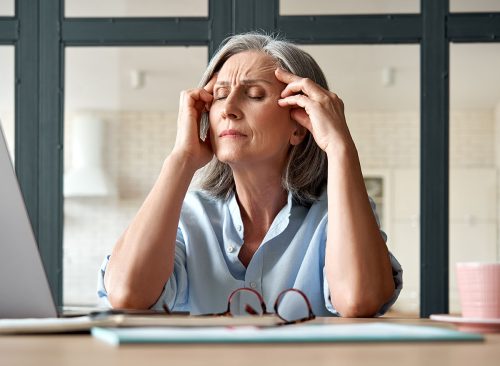
The life changes that come with age may cause depression or anxiety. It may be difficult to recognize the signs if you haven’t had them before or you’re not used to prioritizing your mental health. The CDC says 20% of people older than 55 have come type of mental health concern.
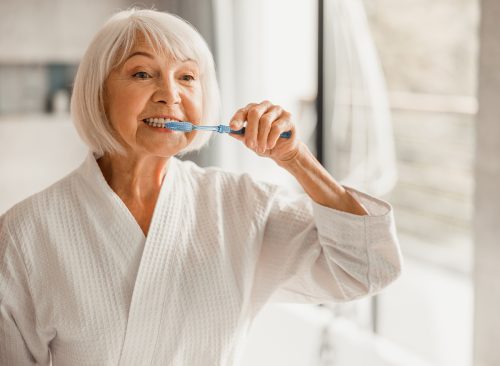
Your gums might pull back from your teeth, and some medications may cause dry mouth. Your teeth and gums might become slightly more vulnerable to decay or infection. Maintaining good oral hygiene and regular dentist visits can keep your teeth and gums in good shape.
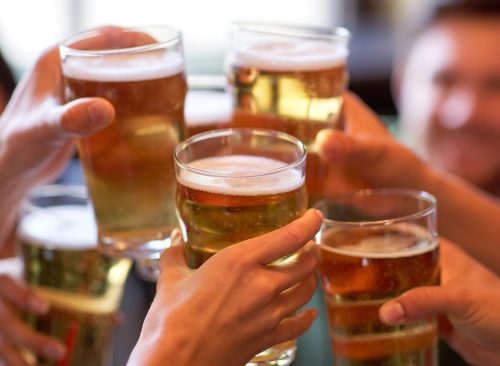
As we age, our bodies naturally produce fewer of the enzymes that metabolize alcohol. So booze may have a bigger impact on your physical and mental health than when you were younger. You may become intoxicated more easily, and suffer worse effects, like dehydration and hangovers. You may also become more prone to alcohol-related falls and accidents, which can more easily injure aging muscles and bones.














